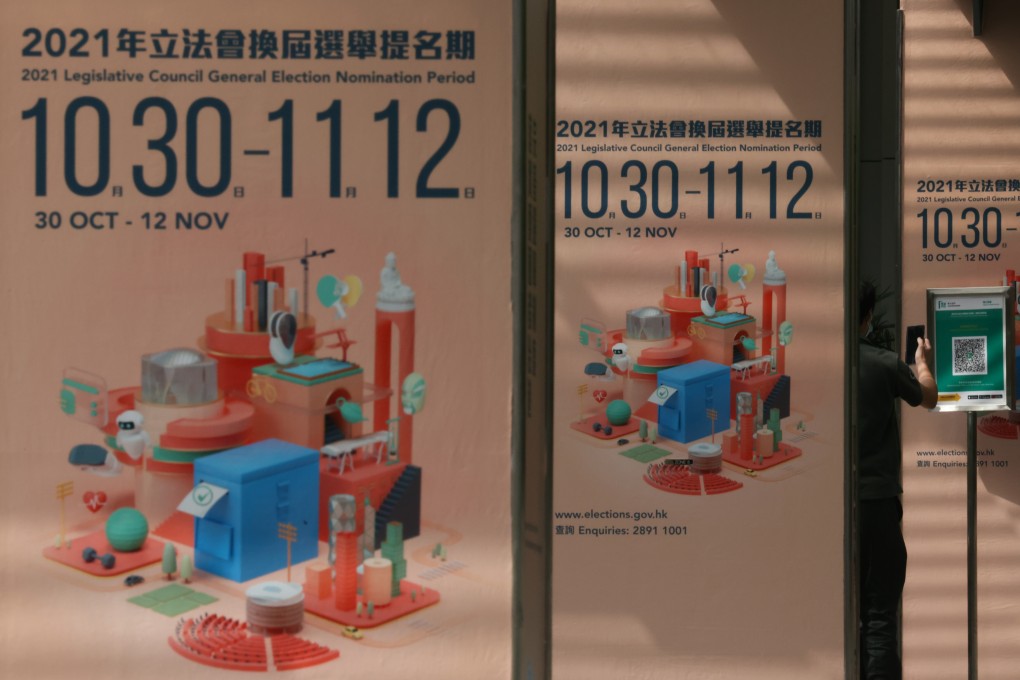Advertisement
Letters | Legco election: Hongkongers must speak up through the ballot box
- Readers discuss the first election post-reform, slam a Shanxi school for focusing on pupil backgrounds, note lessons from warring Scandinavia and Europe for today’s leaders, call for Covid-19 to be made a priority into next year, and suggest a theme song for G20 talks
Reading Time:3 minutes
Why you can trust SCMP

Many Hongkongers are closely watching the upcoming Legislative Council election. Since it is the first legislative election since the improvement of the electoral system, many consider this to be a benchmark of how much dissent Beijing would allow in the new political order.
Advertisement
With a handful of non-establishment candidates fulfilling the nomination threshold, Beijing evidently is prepared to invite diverse political participation in constructive policy debates.
Some may disagree with the electoral reform. This system is not perfect, but the central government has not resiled from the constitutional goals of universal suffrage enshrined in Articles 45 and 68 of the Basic Law either. In light of this, I urge all eligible voters to go to the ballot box this December and make their voices heard.
I also urge members of the Election Committee to elect a more diverse slate of candidates, including technocrats and those less known or from different political camps.
As Xia Baolong, director of the State Council’s Hong Kong and Macau Affairs Office, noted, Beijing expects good governance as a solution to Hong Kong’s deep-rooted social conflict. By fostering a political environment welcoming of talent, Hong Kong can fix its problems in housing, poverty and sustainable development one by one.
Advertisement
Last month, President Xi Jinping fleshed out his “common prosperity” concept, and both the country’s 14th five-year plan and the Hong Kong chief executive’s policy address unveiled the blueprint to inject vitality into the city’s economy through further regional integration. It’s time for Hongkongers reflect on their role in this grand development strategy and equip themselves for future challenges.

Advertisement